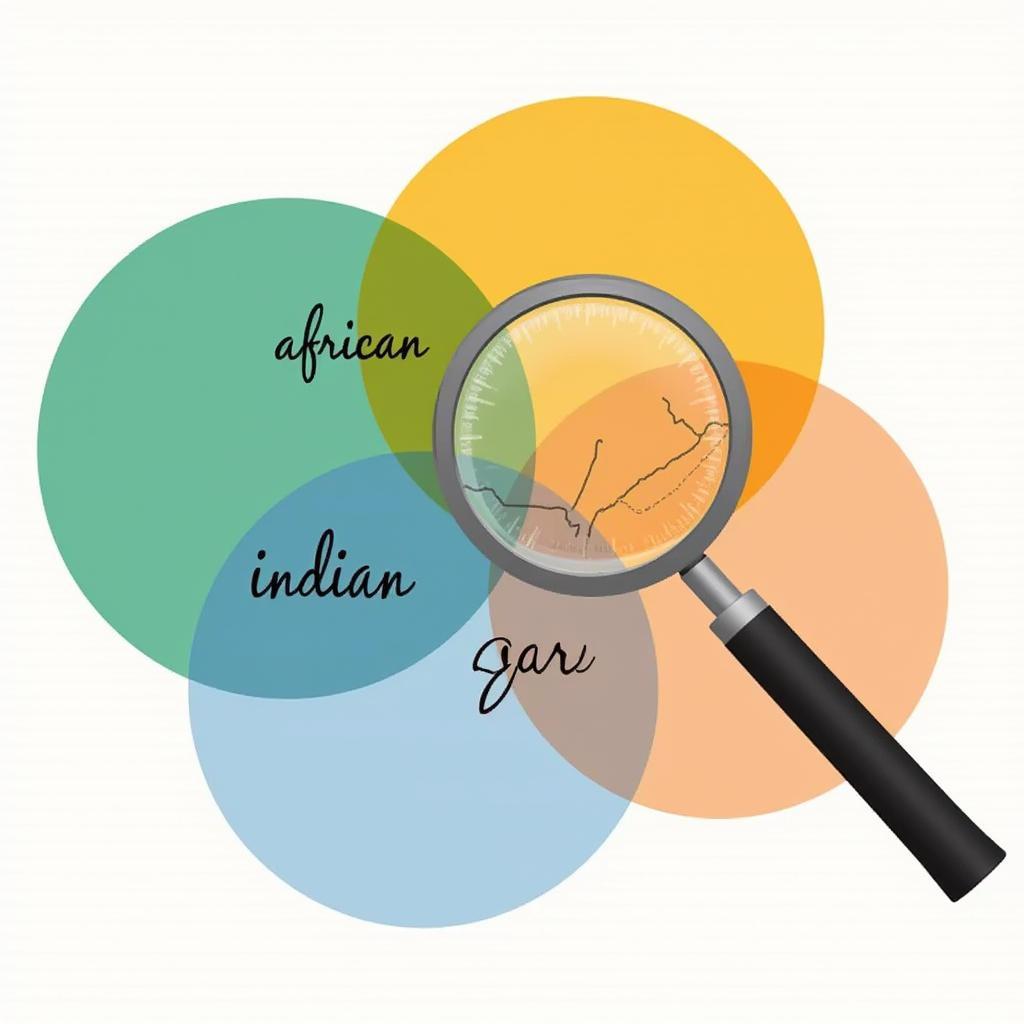Exploring the Lifeline of Africa: African Country Rivers
Africa, a continent of vibrant cultures and diverse landscapes, is intricately connected by its network of rivers. These waterways are not merely geographical features; they are the lifeblood of the continent, shaping its history, economies, and ecosystems. African Country Rivers have played a crucial role in the development of civilizations, providing sustenance, transportation, and a source of life for millennia. Understanding these rivers is key to understanding Africa itself. After the introduction, learn more about the interconnectedness of African countries and their rivers.
The Nile: A River of Ancient History
The Nile, the world’s longest river, flows northwards through eleven countries, including Egypt, Sudan, and Ethiopia, before emptying into the Mediterranean Sea. Its annual floods have historically provided fertile soil for agriculture, supporting the rise of powerful ancient civilizations like the Egyptians. From the iconic pyramids to the bustling cities along its banks, the Nile’s influence is undeniable. It’s a source of life, a transportation artery, and a symbol of resilience.
The Nile’s Impact on Egypt
The Nile has been integral to Egypt’s development, shaping its agriculture, culture, and even its religious beliefs. The river’s predictable flooding cycle allowed for the development of sophisticated irrigation systems, which in turn led to agricultural surpluses and the growth of cities. The ancient Egyptians revered the Nile as a god, recognizing its life-giving properties.
The Congo River: A Heart of Biodiversity
The Congo River, the second longest river in Africa, is a powerhouse of biodiversity. Located in Central Africa, it boasts the world’s second-largest rainforest basin, second only to the Amazon. The Congo River and its tributaries support an incredible array of plant and animal life, playing a crucial role in the global ecosystem. This vast river system is a lifeline for countless communities, providing food, water, and transportation.
Navigating the Congo’s Challenges
Despite its importance, the Congo River faces significant challenges, including deforestation, pollution, and overfishing. These threats endanger the river’s delicate ecosystem and the livelihoods of the people who depend on it. Protecting the Congo River is crucial not only for the African continent but also for the global environment.
West African Rivers: Shaping Cultures and Economies
West Africa is home to several major rivers, including the Niger, the Volta, and the Senegal. These rivers have played a crucial role in shaping the region’s cultures and economies. They serve as vital transportation routes, connecting communities and facilitating trade. The African Bank Case Study highlights the importance of financial stability in supporting sustainable development projects related to water resources. They also support agriculture and fishing, providing food security for millions of people.
The Niger River: A Source of Life
The Niger River, the third longest river in Africa, flows through several West African countries, including Mali, Niger, and Nigeria. It is a vital source of water for irrigation, supporting agriculture and livestock farming in the region. The Niger River delta, a vast wetland area, is a biodiversity hotspot, supporting a rich variety of plant and animal life. More on countries can be found on this List of East African Countries.
The Zambezi River: A Spectacle of Nature
The Zambezi River, the fourth longest river in Africa, flows through Southern Africa, including Zambia, Angola, and Mozambique. It is renowned for its stunning Victoria Falls, one of the world’s largest waterfalls. The Zambezi River also supports diverse wildlife populations and provides hydropower for the region. Consider exploring investment opportunities through platforms like African Alliance Swaziland Investments to support sustainable development in the region.
Conclusion
African country rivers are much more than just bodies of water. They are the arteries of life, shaping the continent’s history, culture, and economies. From the ancient civilizations that flourished along the Nile to the diverse ecosystems supported by the Congo, these rivers are integral to Africa’s past, present, and future. Understanding and protecting these vital waterways is essential for the well-being of the continent and its people.
FAQ
-
What is the longest river in Africa?
The Nile is the longest river in Africa and the world. -
Why is the Congo River important?
The Congo River supports the world’s second-largest rainforest and is a crucial biodiversity hotspot. -
How do rivers contribute to African economies?
Rivers facilitate trade, transportation, agriculture, and fishing, contributing significantly to African economies. -
What is a major challenge facing African rivers?
Pollution, deforestation, and climate change are major challenges facing African rivers. -
What is the significance of Victoria Falls?
Victoria Falls, located on the Zambezi River, is one of the world’s largest waterfalls and a major tourist attraction. -
How do rivers influence African cultures?
Rivers have shaped religious beliefs, agricultural practices, and settlement patterns, influencing African cultures for millennia. -
What is the importance of understanding African country rivers?
Understanding African rivers is crucial for appreciating the continent’s history, biodiversity, and the livelihoods of its people.
Scenarios
- Scenario 1: A researcher wants to study the impact of climate change on the flow of the Nile River.
- Scenario 2: A tourist is planning a trip to see Victoria Falls and wants to learn more about the Zambezi River.
- Scenario 3: A conservationist is working to protect the biodiversity of the Congo River basin.
Further Exploration
You might also be interested in learning about African Countries Independence Day.
Contact Us
For further assistance, please contact us:
Phone: +255768904061
Email: kaka.mag@gmail.com
Address: Mbarali DC Mawindi, Kangaga, Tanzania
Our customer service team is available 24/7.


